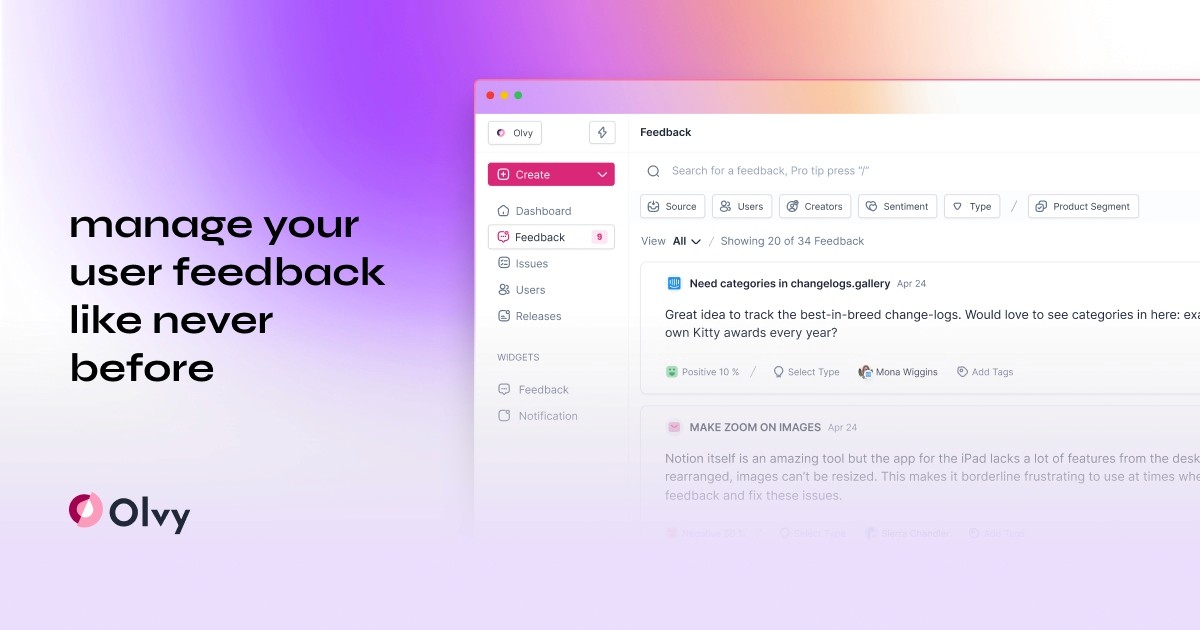- The Hidden Layer
- Posts
- Claude Pro, Ad Disclosures and HR Transformations
Claude Pro, Ad Disclosures and HR Transformations
PLUS: Public Respond to AI Classroom Guidelines
Welcome to Edition #07 of "The Hidden Layer." We're back to dig deeper into how AI is changing business and society, one layer at a time.
Today's AI Headlines:
Anthropic Debuts Paid AI Chatbot Plan
USC Responds to AI Classroom Guidelines
Voice-Altering AI Ads Need Google & YouTube Disclosure
Slack Integrates AI
Llama 2: Meta AI's AI Experience Advancement
Generative AI's Emerging Role in HR
Anthropic Launches Claude Pro to Challenge ChatGPT Plus

AI startup Anthropic has unveiled Claude Pro, a paid subscription version of its Claude chatbot, for $20 per month. This competitive pricing aims to directly rival ChatGPT Plus. Claude Pro provides 5x more usage than the free version, with a minimum 100 messages every 8 hours. Since Claude's launch in July, users have requested more capacity. Anthropic, founded by ex-OpenAI employees, needs substantial funding to expand infrastructure for its ambitious AI goals. It has raised $1.45 billion but estimates needing $5 billion more over 2 years. While smaller than rivals, Anthropic is quickly gaining traction, partnering with platforms like Quora. Its new Claude Pro service positions it to compete in the growing market for premium generative AI.
Why Does This Matter?
Anthropic's rapid emergence signals rising competition in publicly available, advanced chatbot AI services. As these conversational agents become ubiquitous, responsible design and ethics matter more. Anthropic's stated aim to minimize AI harms is notable, but safely developing more advanced AI at scale remains an immense technical and social challenge. Startups racing for the AI market risk rushing unsafe products if not thoughtful. As AI proliferates, the need grows for informed public discussion and oversight of these hugely transformative technologies.
FROM OUR PARTNERS
AI Tool of the Day: LIFTOFF

Introducing LIFTOFF: the state-of-the-art interview preparation tool that leverages AI to give you a competitive edge in today's job market. Freshly launched, iftoff offers an unparalleled simulation experience, making you feel as though you're in a real interview setting. With this tool, you can practice mock interviews for top companies like META, Amazon, Adobe, LinkedIn, and Dropbox, all while receiving real-time AI feedback to sharpen your skills. Don't just prepare—prepare smartly with iftoff. Transform your interview readiness and gain the confidence you need to succeed.
The Role Of Generative AI In HR Is Now Becoming Clear

AI has huge potential to transform HR by integrating data, automating tasks, and providing personalized support. Use cases gaining traction include talent intelligence to optimize hiring and development, chatbots to simplify employee experiences, customized training, AI-powered career navigation, and data analysis to boost performance and retention. But AI projects require thoughtful data governance, security rules, ongoing refinements, and managing learning systems. While replacing some routine work, AI also creates new HR roles as trainers, product managers, and designers of intelligent tools. Starting small with high-value problems, while collaborating with IT, is key. Ultimately AI can make HR far more strategic, integrated, and employee-centric.
Why Does This Matter?
HR practices deeply impact worker satisfaction, productivity, and wellbeing. AI enables HR to be more proactive and scalable in serving diverse needs. But like other business functions adopting AI, responsible design aligned with human values is critical. HR should champion principled AI integration that augments employees without dehumanizing.
FROM OUR PARTNERS
AI Spotlight
Prompt of the Day:
Develop five innovative cross-selling strategies for [business] aimed at boosting brand visibility and driving sales growth.
Business = [Insert here]


Decoding AI: Your Questions Answered
What is Convolutional Neural Networks (CNN)?
A Convolutional Neural Network (CNN) is a type of artificial intelligence used mainly for image processing. Imagine you have a big picture made of small pixels. Instead of analyzing the whole image at once, a CNN looks at small pieces or chunks of the image to identify patterns like edges, textures, or colors. Then, it combines these patterns to recognize larger structures, and finally, larger structures combine to identify objects like a cat or a dog. CNNs are like having a special magnifying glass to see tiny details in pictures and then piecing them together to understand the bigger picture. That's why they're super useful for tasks like photo recognition!
Thanks for joining us for Edition #07 of The Hidden Layer. Curious about how AI impacts society or business? Your questions could shape our next edition.
Until next time,
Best,
The Hidden Layer Team
Finding value in the newsletter? Share the knowledge with a friend—it takes just a moment. Your referral supports the hours we invest in bringing you this content. They can sing up below.

